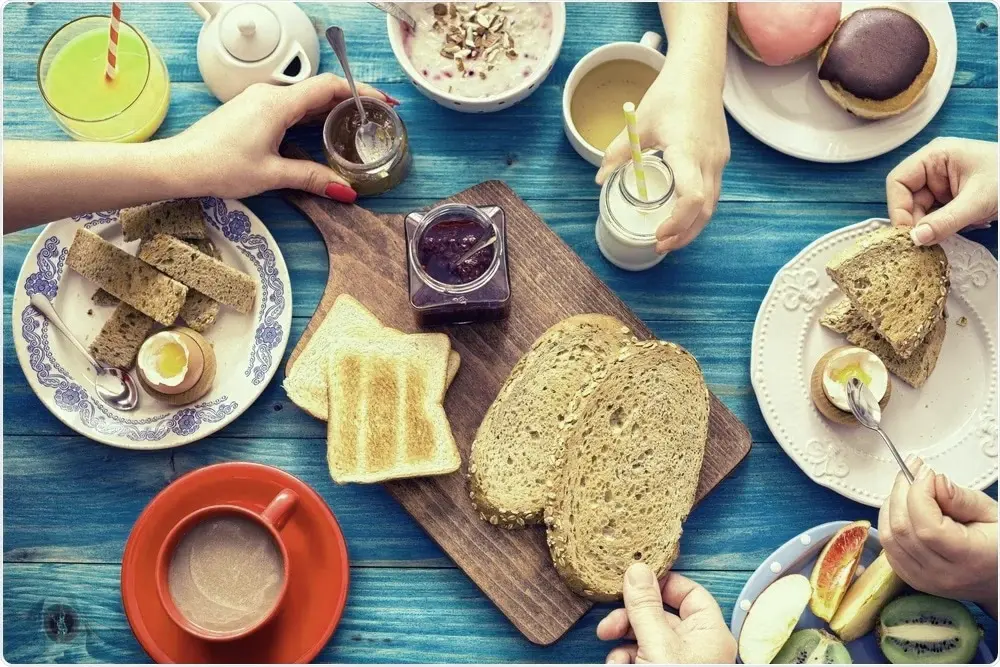Introduction
Picture this: a bowl of blueberries, gleaming like sapphires under the morning sun. Most people toss them into a smoothie or scatter them over yogurt without much thought. But beneath that glossy skin lies something far more impressive than their Instagram-worthy aesthetics. Blueberries aren’t just fruit they’re a subtle form of nutritional armor, capable of defending your body at the cellular level.
Cancer remains one of the world’s most feared diseases, claiming millions of lives each year. While there’s no single food that can block it entirely, scientists are discovering that certain nutrients may lower the risk. Enter blueberries—the tiny but mighty fruit linked to slowing DNA damage, calming inflammation, and even interrupting cancer cell growth in lab settings.
This article unpacks the connection between blueberries and cancer prevention, dives into what the research says, and offers practical ways to make these berries a regular part of your lifestyle.
The Science of Blueberries: Why They Matter
Blueberries may be small, but their nutrient profile reads like a defensive playbook for your body. The crown jewel of their composition? Anthocyanins—the pigments responsible for their deep blue hue. These compounds are antioxidants, meaning they neutralize free radicals, unstable molecules that damage cells and set the stage for chronic diseases like cancer.
Oxidative stress, caused by too many free radicals, is like rust for your body—it slowly corrodes your DNA and tissues. By supplying antioxidants, blueberries help reduce this wear and tear.
Nutritional Snapshot of Blueberries
| Nutrient (per 1 cup / 148g) | Amount | Why It Matters |
|---|---|---|
| Vitamin C | 24% DV | Protects immune function, aids tissue repair |
| Fiber | 3.6g | Supports digestion and gut health |
| Manganese | 25% DV | Key for metabolism and bone strength |
| Anthocyanins | High | Potent antioxidants linked to cancer protection |
Beyond antioxidants, blueberries contain resveratrol (also found in red wine), ellagic acid, and quercetin—all phytochemicals that contribute to anti-inflammatory and anti-cancer activity.
Blueberries and Cancer: What Research Says
Antioxidants Against DNA Damage
Every day, your body’s DNA takes hits from environmental toxins, stress, and even natural metabolic processes. Left unchecked, this damage can lead to mutations—the starting point of cancer.
A clinical trial published in Mutagenesis found that people who consumed blueberries daily showed significant reductions in markers of DNA damage compared to those who didn’t. Think of it as a microscopic shield, quietly repairing cellular scrapes and dents before they spiral into something more serious.
Anti-Inflammatory Benefits
Inflammation is your body’s natural defense mechanism, but when it becomes chronic, it creates fertile ground for cancer to develop. Blueberries appear to regulate inflammatory pathways in the body, particularly those connected to colon and breast cancer.
A study in the Journal of Agricultural and Food Chemistry showed that blueberry extracts reduced inflammatory markers in the colon, suggesting they may help curb the development of colorectal cancer.
Evidence From Animal and Lab Studies
- Breast cancer: Research published in Cancer Prevention Research found that blueberry extracts slowed tumor growth in mice with breast cancer.
- Prostate cancer: In cell-based studies, compounds in blueberries inhibited the spread of prostate cancer cells.
- Oral cancer: A trial involving blueberry gel applied to precancerous oral lesions showed reduced tumor markers.
While lab studies aren’t direct proof for humans, they highlight a consistent theme: blueberries create an environment that makes it harder for cancer to thrive.
Gut Health & The Cancer Connection
One of blueberries’ underappreciated strengths is their impact on the gut. Their fiber feeds beneficial bacteria, while polyphenols act as prebiotics, supporting microbial diversity.
Why does this matter for cancer prevention? A balanced gut microbiome helps regulate inflammation, strengthens immune defenses, and produces compounds like short-chain fatty acids that may protect against colon cancer.
A review in the International Journal of Molecular Sciences noted that blueberry polyphenols can reshape gut bacteria in ways that reduce cancer-promoting processes. In simpler terms, eating blueberries isn’t just good for your digestion—it might also keep your gut environment less inviting to cancer cells.
How to Eat Blueberries for Maximum Benefits
Adding blueberries to your diet doesn’t require a culinary degree. A few clever tweaks can make them a staple:
- Breakfast boost: Scatter a handful over oatmeal, cereal, or yogurt.
- Smoothie staple: Blend with spinach, banana, and almond milk for a nutrient-dense shake.
- Savory twist: Toss blueberries into salads with goat cheese and walnuts.
- Frozen fix: Keep a bag in the freezer—they retain nutrients and last longer than fresh.
💡 Insider tip: Pair blueberries with fermented foods like kefir or yogurt. The probiotics may increase your body’s ability to absorb antioxidants.
Blueberries vs. Other Superfoods
Blueberries aren’t the only cancer-fighting food in the produce aisle. But they hold their own when compared with other heavyweights:
| Food | Star Nutrient | Cancer-Linked Benefit |
|---|---|---|
| Blueberries | Anthocyanins | DNA repair, anti-inflammatory |
| Kale | Sulforaphane | Detox pathways, colon cancer defense |
| Green Tea | EGCG catechins | Tumor growth inhibition |
| Turmeric | Curcumin | Anti-inflammatory, slows cancer cell signaling |
The real secret? Combining these foods. Blueberries alongside green tea or kale may amplify protective effects thanks to nutrient synergy—where compounds work better together than alone.
Reality Check: Not a Cure
Here’s the truth: blueberries won’t cure cancer. No fruit will. But woven into a lifestyle that includes exercise, a balanced diet, and limiting risk factors like smoking and alcohol, they act as supportive players.
Think of blueberries as part of your defensive lineup. They can’t win the match single-handedly, but they strengthen your odds, especially when teamed with other healthy choices.
The Takeaway
Blueberries aren’t hype—they’re science. Their anthocyanins, antioxidants, and gut-friendly fiber make them a smart daily choice for anyone serious about long-term health. Research is still unfolding, but the evidence already points to their role in reducing DNA damage, calming inflammation, and supporting the body against cancer risk.
So the next time you’re walking past the produce aisle, lean blue. Those small berries might just be the quiet bodyguards you never knew you needed.
FAQs
1. How many blueberries should I eat per day for health benefits?
About one cup (roughly a handful) is both practical and supported by research.
2. Are frozen blueberries as good as fresh ones?
Yes. Freezing locks in nutrients, making frozen berries equally effective.
3. Do organic blueberries offer more cancer protection than conventional ones?
Organic may reduce pesticide exposure, but both contain the same protective compounds. Wash conventional berries well before eating.
4. Can blueberry supplements replace fresh fruit?
Not really. Whole blueberries contain fiber and a full spectrum of phytochemicals that supplements can’t replicate.
5. Do blueberries interact with medications?
They’re generally safe, but if you take blood thinners, consult your doctor—blueberries contain vitamin K.
6. Which type is better: wild or cultivated blueberries?
Wild blueberries often have higher antioxidant levels, but both types deliver excellent benefits.
SEO Meta Description (160 words)
Blueberries aren’t just a sweet snack—they may help protect against cancer. Packed with antioxidants, anthocyanins, and anti-inflammatory compounds, blueberries are linked to reduced DNA damage, improved gut health, and slower tumor growth in research studies. This in-depth guide explores the science behind blueberries and cancer prevention, from their nutrient profile to the latest findings on breast, colon, and prostate cancers. Discover how blueberries compare to other superfoods like kale and green tea, and learn practical ways to add them to your diet—whether fresh, frozen, or blended into smoothies. While not a cure, blueberries are a powerful addition to a balanced, cancer-prevention lifestyle. Perfect for health-conscious readers seeking actionable insights, this article blends research-backed science with real-world advice. Learn why these tiny berries are making big waves in nutrition and how they can fit seamlessly into your everyday meals.
Leave a comment
Your email address will not be published. Required fields are marked *



